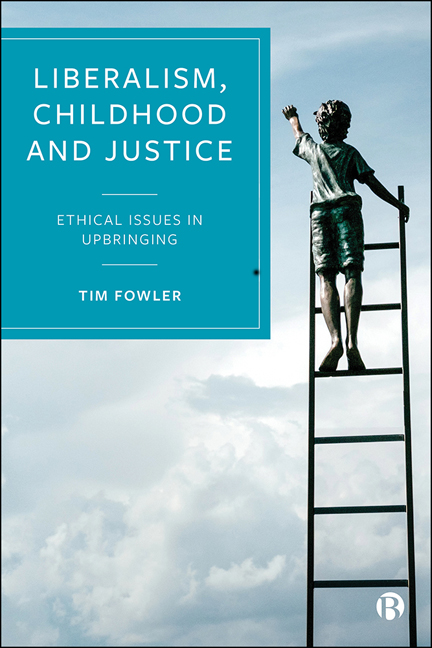8 - The Implications of Perfectionism
Published online by Cambridge University Press: 25 February 2021
Summary
Children's justice requires promoting not merely autonomy but, more directly, encouraging children's core interests. This entails a working theory of what those interests are, as raised in Chapter 3. There I introduced Nussbaum's list of capabilities as a placeholder for the kinds of goods that together constitute flourishing. While I commended this list as a basis for discussion, I suggested a potential problem in so far as Nussbaum and Sen believed that the list of goods should be neutral between all competing conceptions of the good. In light of the arguments of the previous chapters, we can see there is no good reason to accept this neutrality restriction. In this chapter I thus develop a list freed from this constraint. I then explore what kinds of ethical views might best promote interests understood in this way.
An objective list of well-being
In order to meet the aim of neutrality, both Sen and Nussbaum discuss well-being in highly general terms. There are some good grounds to think that even Nussbaum's list fails to achieve this aim of neutrality and that some people might not be able to accept some of the items on the list (see Nelson, 2008: 99). More fundamentally, the problem with a neutral list is that it cannot serve a properly critical function. Often, we need more detail on what instances of a thing count as valuable goods and which do not, but making such judgements requires wading into ethical controversy. For instance, Nussbaum believes that sexual intimacy is one important source of flourishing, contributing to a special kind of affiliation with others. On the face of it, this claim is very general and compatible with almost all conceptions of the good. However, knowing what people's interests consist of requires knowing not only that sexual intimacy can be valuable, but what instances of it have value. This second issue is deeply controversial; some people think that all instances of pleasurable sex have value and perhaps that sex with different partners makes things more exciting, but others consider that the value of sex depends on being in a long-term relationship.
- Type
- Chapter
- Information
- Liberalism, Childhood and JusticeEthical Issues in Upbringing, pp. 79 - 94Publisher: Bristol University PressPrint publication year: 2020

